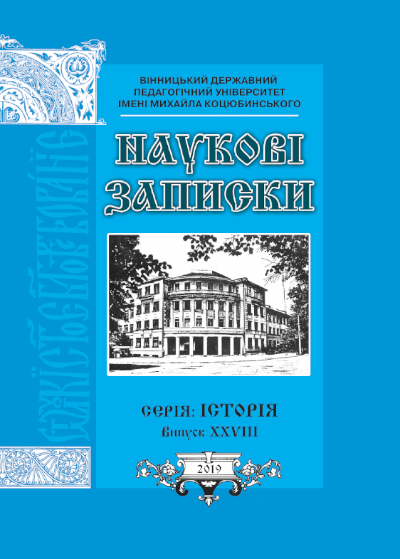Abstract
The article examines the legal and moral-political guidelines of a prominent English thinker, his argument about the feasibility of combining special-scientific knowledge and the priority of knowledge about society, education in general, and not only at the applied level. The breadth and versatility of Bacon's views allowed him to reveal the main cause-effect relationships of social life, as well as the dependence on many factors created by people of state and legal institutions.
Today, Bacon observes the admiration of scientific terminology as an end in itself. It turns out that it is easier to construct a new one on paper of existing reality than to research the actual existing laws, including in the sphere of state and law. Most people are not able to understand the main cause-and-effect relationships in society, and therefore they can not rationally not only build their own behavior, but also make it difficult to understand their behavior by people more rational.
This means that even the most intelligently constructed system of legal regulators can be ignored by a person who is not well developed in intellectual terms. As for the way of life, which reveals the character of this person, then it will give him an opportunity to better predict her possible behavior. If we apply this Bacon's idea to the problem of lawmaking, which implies rational behavior of a person, then we get a simple explanation of why many people commit crimes behaving inefficiently. They simply ignore whether they can understand the relationship between crime and punishment laid down in the law. The harsh punishment does not necessarily indicate the cruelty of the legislator. Various punishments for various crimes merely point to a hierarchy of interests protected by law.
From all that was given by Bacon, we can conclude that the average person is not able to assimilate the complexity of the world and state-legal relations among them. Moreover, not only the desire for self-preservation, but also the limited intellectual abilities of a person make the existence of the state and the legislation necessary. Consequently, Bacon's legal views are quite interesting and may well be suitable for the theoretical substantiation of the state-legal realities of the present.
References
Бэкон Ф. Новый Органон // Бэкон Ф. Соч. в 2 т. 2-е изд. Москва: Мысль, 1978, Т.2 575 с.
Бэкон Ф. О достоинстве и приумножении наук // Бэкон Ф. Соч.в 2 т. 2-е изд. Москва: Мысль,1977, Т.1.567 с.
Бэкон Ф. Опыты, или Наставления нравственные и политические // Бэкон Ф. Соч. в 2 т. –2-е изд. Москва: Мысль, 1978, Т.2.575 с. 4.
Гальцева Р., Роднянская И. Summa ideologiae: Торжество «ложного сознания» в новейшие времена: Монография. Москва: Посев, 2012. 128 с.
Карев В. М. Этические воззрения Ф. Бэкона // Англия в эпоху абсолютизма (Статьи и источники) под ред. Ю.М. Сапрыкина. Москва: Изд-во Моск. ун-та, 1984. С. 104-128.
Миколаєнко В. Френсіс Бекон. До 450-річчя від дня народження // Київський політехнік , 2011, No 41 http:// kpi. ua/newspaper/2011/417
Сапрыкин Д. Л. Regnum Hominis (Имперский проект Френсиса Бэкона): Монография. Москва:Индрик, 2001. 224 с.
Фуко М. Безопасность, территория, население: Курс лекций, прочитанных в Коллеж де Франс в 1977-1978 учебном году: Пер. с фр. СПб.: Наука, 2011. 544 с.
Субботин А. Л. Фрэнсис Бэкон и принципы его философии // Бэкон Ф. Соч. в 2 т. 2-е изд. Москва: Мысль, 1977. Т.1 С. 5-53

This work is licensed under a Creative Commons Attribution 4.0 International License.
Copyright (c) 2019 Vitalii Hryb, Oleksandr Konotopenko





